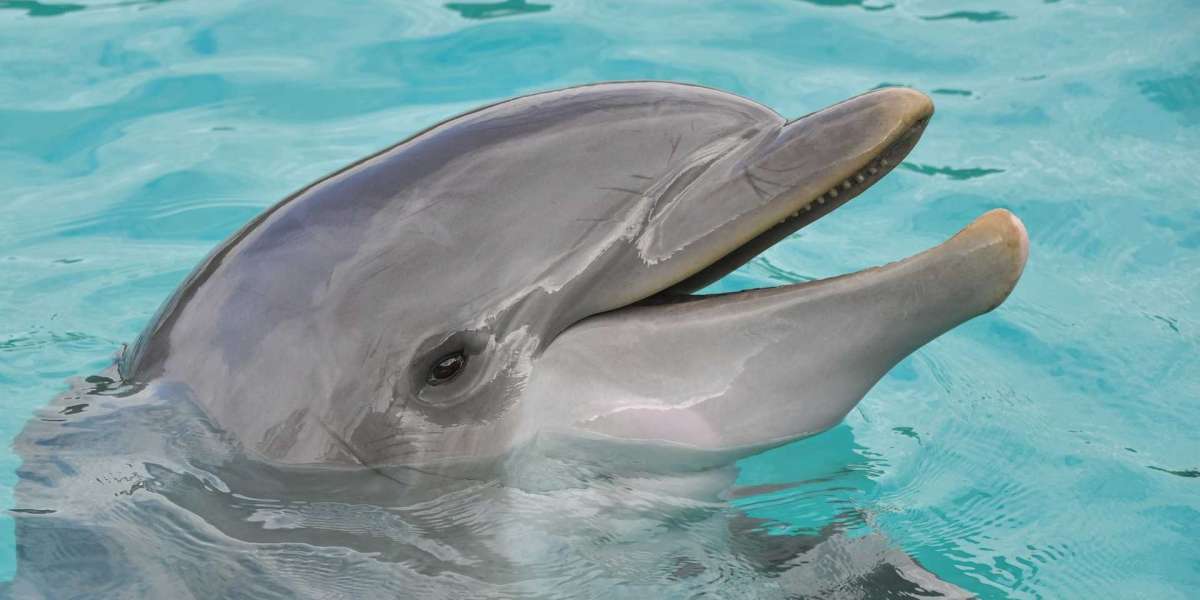The relationship between humans and animals has been one of the most intricate and debated topics throughout history. Among the myriad species that inhabit our planet, dolphins hold a unique place in human perception. Revered for their intelligence, agility, and playful demeanor, dolphins have captivated human imagination for centuries. However, amidst admiration and fascination, a controversial question arises: Do people eat dolphin?
Exploring the intricate web of cultural, ethical, and environmental factors surrounding dolphin consumption reveals a multifaceted issue that transcends mere culinary preferences. This article delves into the various dimensions of the debate, shedding light on the practices, perceptions, and consequences associated with consuming dolphin meat.
Cultural Perspectives: The consumption of dolphin meat is not a widespread practice globally, but it has historical and cultural roots in certain regions. In Japan, for example, dolphin meat has been a part of traditional diets for centuries, primarily in coastal communities where whaling and dolphin hunting are prevalent. The town of Taiji gained international attention due to its annual dolphin hunts, depicted in the documentary "The Cove," sparking intense debates about the ethics of such practices.
In other cultures, such as some indigenous communities in the Arctic, dolphins, specifically belugas and narwhals, have been consumed for sustenance and cultural ceremonies. These practices are deeply ingrained in the cultural fabric of these societies, where hunting marine mammals is often essential for survival in harsh Arctic environments.
Ethical Considerations: The ethical debate surrounding the consumption of dolphin meat is multifaceted and contentious. Proponents argue that consuming dolphin meat is no different from consuming any other animal protein and that it is a matter of cultural heritage and personal choice. They contend that just as humans consume other intelligent animals such as pigs and cows, dolphins should not be exempt from the list of potential food sources.
On the other hand, opponents of dolphin consumption raise significant ethical concerns, primarily centered on the intelligence, social complexity, and emotional capacity of dolphins. Scientific research has shown that dolphins possess advanced cognitive abilities, exhibit complex social behaviors, and form strong emotional bonds within their pods. Critics argue that these factors warrant special consideration and ethical treatment, precluding their consumption as food.
Environmental Implications: Beyond cultural and ethical considerations, dolphin consumption raises serious environmental concerns. Dolphins are apex predators in marine ecosystems, playing crucial roles in maintaining the balance of marine life. Overexploitation of dolphin populations for meat can disrupt these ecosystems, leading to cascading effects on marine biodiversity.
Moreover, the methods used to hunt dolphins, such as drive hunts and gillnetting, can result in significant bycatch of other marine species, including endangered species such as sea turtles and sharks. The use of mercury-contaminated dolphin meat for human consumption also poses health risks, as dolphins, like other long-lived marine predators, bioaccumulate toxins such as mercury in their tissues.
Legal and Regulatory Framework: The legality of dolphin hunting and consumption varies widely across countries and regions. While some countries, like Japan, have historically permitted dolphin hunting for cultural and subsistence reasons, others have enacted strict regulations or outright bans on such practices. International organizations such as the International Whaling Commission (IWC) and the Convention on International Trade in Endangered Species of Wild Fauna and Flora (CITES) also play roles in regulating the trade and conservation of dolphins and other marine mammals.
In recent years, public awareness campaigns and advocacy efforts by environmental organizations have led to increased scrutiny and pressure on countries that engage in dolphin hunting. Diplomatic and economic pressures, coupled with shifting societal attitudes toward animal welfare and conservation, have prompted some regions to reconsider or phase out dolphin hunting practices.
Conclusion: The question of whether people eat dolphin transcends mere culinary curiosity, encompassing complex issues of culture, ethics, and environmental sustainability. While cultural traditions and personal choices shape attitudes toward dolphin consumption, ethical considerations rooted in the intelligence and emotional capacity of dolphins challenge the moral justifications for their consumption. Moreover, the environmental impacts of dolphin hunting underscore the interconnectedness of human actions and marine ecosystems.
As debates surrounding dolphin consumption continue to evolve, it is essential to engage in informed dialogue, consider diverse perspectives, and prioritize the welfare of both human and non-human animals. Ultimately, the fate of dolphins and other marine species hinges on collective efforts to promote responsible stewardship of our oceans and respect for all forms of life inhabiting them.
Learn More: DolphinXpert.com



